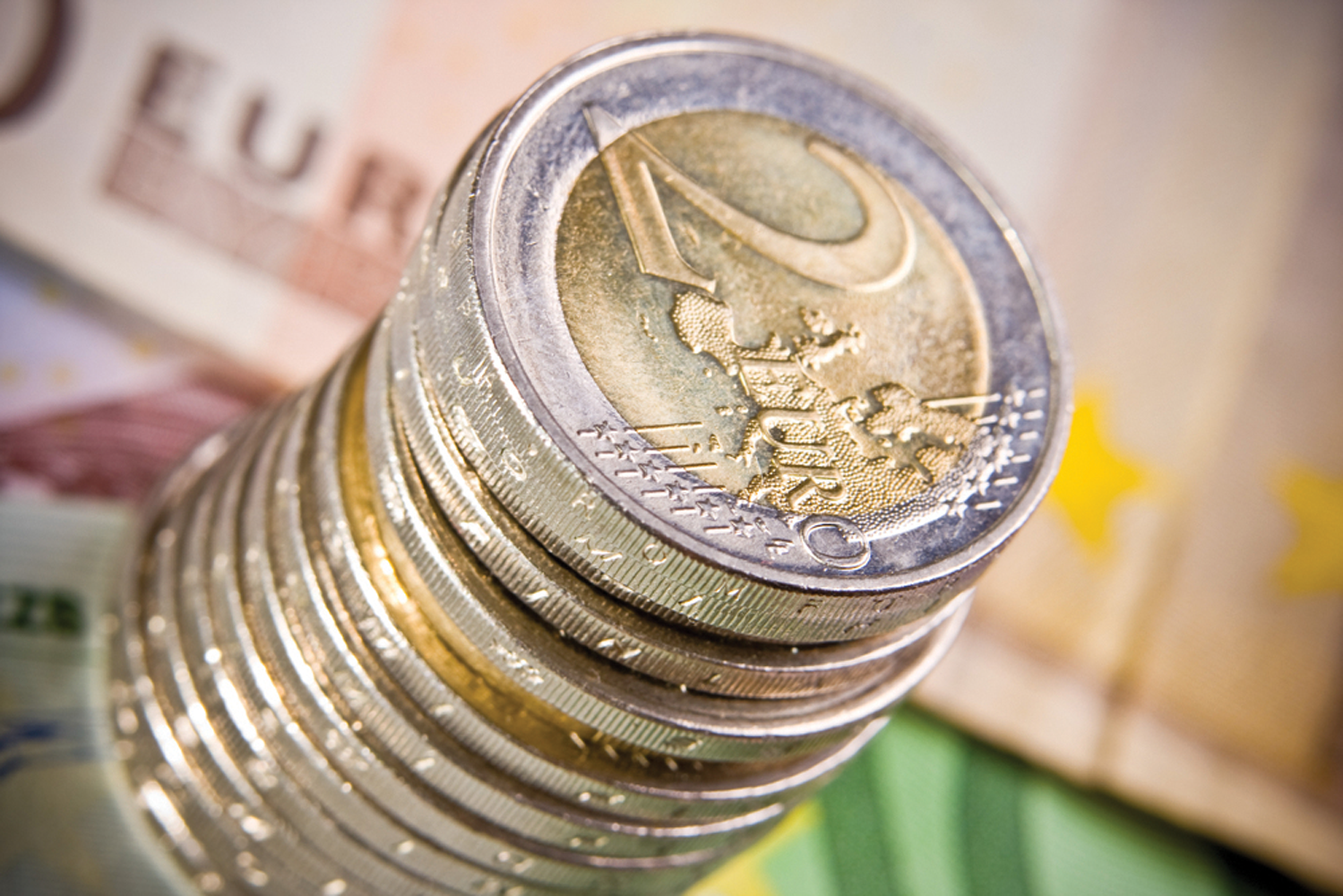Household Bills
Tough times for sterling: time to buy your holiday euros?

It’s been a tough few weeks for sterling as the pound continues to bear the brunt of uncertainty surrounding the election and Brexit negotiations.
Those tentatively eyeing their holiday budget may be wondering where the currency is likely to go next and whether they should be securing their rate today.
Any currency prediction comes with one huge caveat: It is extremely difficult to predict currency movements. Even the City experts don’t often try it. Currency markets can move unpredictably. However, this doesn’t mean doing nothing. Anyone with a significant currency liability, such as a holiday, or an overseas mortgage payment, needs to work out their potential exposure to falls in the pound and – if it’s too high – find a way to manage it.
On the plus side:
- The pound has fallen a long way. Jim Wood-Smith, chief investment officer for private clients at Hawksmoor Investment Management, says: “After the Brexit vote, the pound has done most of its devaluation and actually looks quite cheap on some measures.”
- Sterling has some well-respected supporters: This month Jim Leaviss, head of retail fixed interest at M&G Investments, said he is considering investing in sterling again, having been negative on the outlook for the currency for some time.
- The pound’s response to the uncertain General Election result has been relatively muted. This suggests there is a lot of bad news in the price already.
On the negative side:
- The economy is weakening: Consumer price inflation reached 2.9% in May, its highest level since June 2013 as the cost of imported goods rose. Retail sales took a tumble as a result, falling by 1.2% last month.
- Bank of England Governor Mark Carney has said there will be no rate rises until after Brexit. Rate rises would usually give currencies a boost.
- There appears to be no immediate resolution to the UK’s political uncertainties, with a minority government, Brexit uncertainty and social tensions mounting.
For those who see too much uncertainty, the best defence is simply to secure the best rate possible. That usually means avoiding your bank, and using a specialist currency service, such as those provided by IG Index, International FX or Hargreaves Lansdown.
Currency apps, such as Revolut, are another alternative, where currency can be changed at the spot rate. Using your credit card to buy foreign currency in the UK ahead of your trip can also be a poor option. See YourMoney.com’s Why you shouldn’t buy travel currency in the UK with your credit card for more information.
Those who don’t want to buy currency today can use a currency service to secure a future rate. This can be a one-off transaction, or for a number of transactions. There is a cost to this, and investors will lose a little on the exchange rate, but it can be worth it for peace of mind.

Wellness and wellbeing holidays: Travel insurance is essential for your peace of mind
Out of the pandemic lockdowns, there’s a greater emphasis on wellbeing and wellness, with
Sponsored by Post Office
Sterling has fallen a long way, but that doesn’t necessarily mean it can’t fall further. Any hint of a soft Brexit, or no Brexit at all, might push it higher, but that seems a remote possibility. There is also plenty to push it lower – another General Election with a newly-confident Labour party, for example. For those who would rather sleep at night, it may be worth taking action.